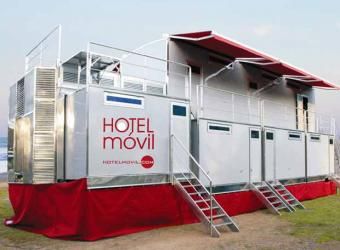
Business 2.0: What could be more American than a recreational vehicle? How about an 18-wheel semi that, at the press of a remote control, “pops up” into a motel with room for nearly four dozen people?
Surprisingly, however, this supersize RV is being made not by a U.S. company, but by a Spanish one. Hotelmóvil is the brainchild of Fernando Saénz de Tejada, the 36-year-old CEO of SuiteMóvil. He got the idea three years ago on a pilgrimage to a shrine of the Virgin, where he and thousands like him had to sleep outdoors. “In the events sector,” Saénz says, “the principal inconvenience is the lack of infrastructure.”
A Hotelmóvil arrives at the site – campground, beach, woods, etc. – looking very much like a standard semi. You simply detach the cab and press “Play” on a handheld remote to start the 30-minute hydraulic unfolding process. Four legs lower to the ground to stabilize the structure, the second story rises to a height of 20 feet, and the first-floor rooms slide out, Transformer-like, to the side.
When all is finished, you have 11 bedrooms with private bathrooms and a second-floor outdoor terrace. The rooms come with hardy wood-and-metal furniture bolted down inside; bunk beds can be added to sleep as many as 44. The hotel includes perks such as heating, air-conditioning, flat-screen TVs, and Wi-Fi. The first five units will roll out of the factory in Italy in early 2008, and Saénz says he’s already received inquiries from hospitals, travel companies, and even the Formula One racing circuit. The standard Hotelmóvil will sell for $500,000 or rent for about $8,000 a weekend.
New hotels start popping up [Business 2.0]
Category: Entrepreneurs
Teenage Moguls’ Startups
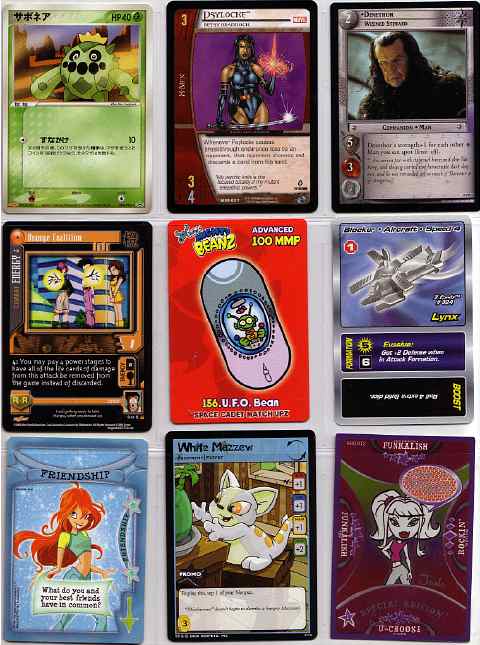 Teentrepreneur: Typical teenage entrepreneurs are not hard to come by. Indeed you may have inadvertently been one in your life already. In fact when you were between 13 and 18 there’s a 99% chance that you tried to make money in one form or another. I’ll give a run-down of the typical types of businesses that teenage moguls start up to make their first bit of cash, so maybe you can replicate the successes of the many!
Teentrepreneur: Typical teenage entrepreneurs are not hard to come by. Indeed you may have inadvertently been one in your life already. In fact when you were between 13 and 18 there’s a 99% chance that you tried to make money in one form or another. I’ll give a run-down of the typical types of businesses that teenage moguls start up to make their first bit of cash, so maybe you can replicate the successes of the many!
1. Lemonade Stall – Its true, everyone loves lemonade, especially in the summer when you’ve been on a run or out at a stressful day at work, a nice cool lemonade increases the blood sugar and puts you in a feel-good mood!
2. Lawn-mowing – Again another highly popular business for young people with a love for nature (or for money for that matter). Here in the UK in the summer, the grass grows like crazy and I myself have to cut the grass once per fortnight.
3. Gaming Cards – When you were a young teenager, I bet you played with gaming cards at some point of your life. For me, just as I was approaching 12/13, Pokemon cards were in fashion. Some of the holographic cards could be found in normal packs and sold online for as much as £10 a card!
4. Sell Food At School – Unfortunately I never got a chance to try this one out as the schools I’ve been to have charged lunch meals to the end of term bill. But, if your school lunches are payable with cash, try going into class with some fizzy drinks or sweets.
5. Newspaper Delivery – This one is another teenager’s bread and butter of pocket money and income. Head down to your local Post Office or Depot and ask if they have any Newspaper or Magazine Delivery positions.
5 Businesses For A Typical Teenage Entrepreneur [Teentrepreneur]
Entrepreneur Profile: Ben Kaufman
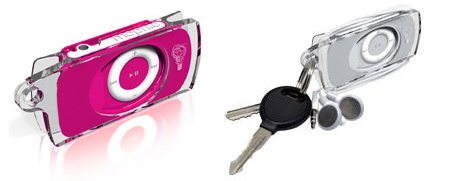
Inc.com: Ask Ben Kaufman if his company, Mophie, will still be making iPod accessories a year from now and he’ll answer without skipping a beat: “God, I hope not!” And that’s after his line of slick gear — headphone splitters, FM transmitters, and remote controls, all of which function with a protective case — won a Best of Show award in the innovation category at MacWorld last year. So what gives?
“The thing about this industry is that everything is the same,” says Kaufman, 20. “So we set ourselves apart by branding.” Sure, Burlinton, Vt.-based Mophie (named after the CEO’s two golden retrievers, Sophie and Molly), makes cool products, but that clears just the first barrier to entry in a crowded marketplace. For Kaufman, the real key to his company’s distinctive brand identity is the product-development process, which can be summed up in three words: open source innovation. It’s a popular concept these days — allowing communities of users to drive the product development process — but one that can be tricky to execute.
Kaufman, who started his company as a freshman at Champlain College, decided to put all his cards on the table in January at the 2007 MacWorld Expo in San Francisco. “We said, ‘OK, we can have a regular booth, or we could shake up the floor and say we’re not going to have products today. We’re going to build and develop.'” Mophie’s team handed out pads and pencils to attendees, uttering one simple command: “doodle.”
In four hours, they collected 120 new product ideas for iPod accessories. That night, they scanned the drawings, put them up on the company website, and asked the expo attendees to vote for the best doodles. The result of the process, which Kaufman calls Illuminator, was a line of three new products, the first of which is a combination iPod Shuffle case, bottle opener, and keychain called the Bevy. Its designer, 18-year old Jared Fiorovich, gets credit on Mophie’s website.
The Innovator [Inc.com]
30 Greatest Entrepreneurs
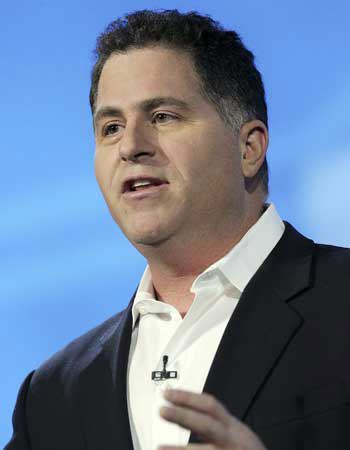
BusinessWeek: Who are the greatest entrepreneurs of all time? We could spend a lifetime compiling a list without ever agreeing on who deserves a mention. From the pirates of Silicon Valley to the captains of industry, there are far too many figures to choose from to give anyone the final say.
In other words, we acknowledge our list’s inherent subjectivity. To compile it, we picked the brains of professors, authors, and BusinessWeek staffers. Our criteria for entrepreneurs to be considered among the greatest was simple. If they had the vision to create new markets or tap into underserved markets, changing the way people lived in the process, then they were candidates on a list we whittled down to 30 players.
The Greatest Entrepreneurs of All Time [BusinessWeek]
Entrepreneur Profile: Vail Horton
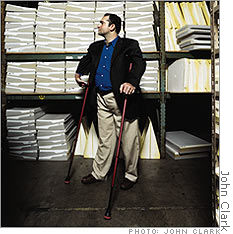 CNNMoney.com: Vail Horton, the co-founder and CEO of Keen Mobility, likes to glide along the hallway of his headquarters in Portland, Ore., on his wooden skateboard, checking in with employees who might need an extra jolt of encouragement or a laugh with their morning coffee. Wearing Dragon sunglasses and a dazzling smile, the man who runs this medical-device manufacturer might seem like any other brash, 30-year-old entrepreneur – with one striking difference: Horton leaves his legs behind in his office, propped up against his giant desk.
CNNMoney.com: Vail Horton, the co-founder and CEO of Keen Mobility, likes to glide along the hallway of his headquarters in Portland, Ore., on his wooden skateboard, checking in with employees who might need an extra jolt of encouragement or a laugh with their morning coffee. Wearing Dragon sunglasses and a dazzling smile, the man who runs this medical-device manufacturer might seem like any other brash, 30-year-old entrepreneur – with one striking difference: Horton leaves his legs behind in his office, propped up against his giant desk.
Horton was born without legs or a fully developed right hand, and doctors told his parents he would never be able to walk. But after consultations with rehabilitation experts and months of intense physical therapy at home, Horton took his first steps at age 4 with the aid of crutches and prostheses. He has been exceeding expectations ever since.
While still an undergraduate business major at the University of Portland, he developed chronic pain in his shoulders from the prolonged wear and tear of walking on crutches. Instead of resorting to a wheelchair, he came up with a new kind of crutch, using shock absorbers at the base to lessen the impact. Realizing that he had coincidentally discovered a promising market, Horton and his roommate, Jerry Carleton (now vice president of business development), decided to start a company that could help others overcome disabilities. The two launched Keen Mobility in 2002, naming their startup for the grandfather who encourage Horton at every turn, and giving it a lofty goal: to better the lives of customers who are elderly or disabled.
A disabled CEO’s $2 million innovation empire [CNNMoney.com]